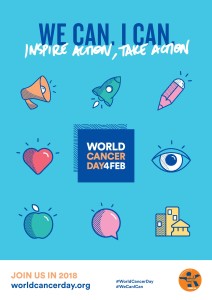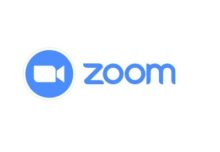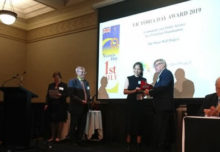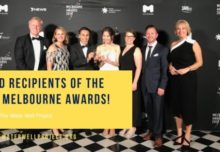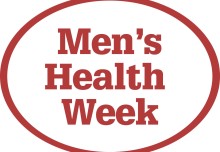The top four cancers in Australia are prostate, bowel, breast and lung cancer. This is true for those who are Australian born and those who are overseas born. However in Australia, evidence suggests that communities of culturally and linguistically diverse (CALD) background have a higher incidence of cancer which may be in part due to a higher prevalence of cancer-related risk factors.1 In Victoria, approximately 22% of all cancer diagnoses are in people from non-English speaking countries.2
People of CALD background are exposed to social and physical environments associated with higher cancer risk.3 In addition, they often carry with them the additional burden of health risks associated with their country of origin. In New South Wales (NSW), 14.7% of the general population smoke, compared with 32.0% of Vietnamese born men in NSW - placing them at much higher risk of a range of cancers such as lung cancer.4
Screening programs are a critical part of the public health response to cancer, enabling early detection and timely treatment. However CALD communities in Australia have lower rates of participation in screening programs , and thus are likely to experience poorer cancer outcomes.5
Poor access to health services, communication barriers and limited health literacy present obstacles to timely care, as well as decreased participation in screening programs. Traditional beliefs that need to be tackled in some communities include that cancer is incurable, that cancer is contagious and a source of shame.6
We know that health literacy programs addressing barriers to participation in culturally and linguistically diverse populations need to increase awareness among the participants of the benefits of screening, increase knowledge about the importance of screening and reduce anxiety.7 In 2017, The Water Well Project delivered a total of 10 health education sessions relating to cancer: six on “Cancer Screening and Prevention” and a further four specifically on “Cervical and Breast Cancer”. These sessions reached approximately 200 participants from refugee background across Melbourne, Geelong and Sydney.
Our cancer related health information sessions aim to educate participants on the importance of screening programs, the early signs and symptoms of certain cancers, healthy lifestyle interventions to minimise the likelihood of certain cancers, and the services available to those affected by cancer. Small group sessions enable interactive discussion and facilitate meaningful conversations between community participants and volunteer healthcare professionals.
More can be done to reduce the burden of cancer related disease in Australia.8 In 2018, The Water Well Project will endeavour to expand our reach and delivery of cancer-focused health education sessions - raising the awareness within communities from refugee background on simple lifestyle modifications to reduce the risk of cancer, and promote participation in screening programs to optimise health outcomes.
References
1 Multicultural Communities https://www.cancerinstitute.org.au/cancer-plan/focus-areas/cald-communities
2 Cancer Council Victoria, 2018, Culturally Diverse Communities https://www.cancervic.org.au/about/culturally-linguistally-diverse-communities
3 Federation of Ethnic Communities’ Councils of Australia, 2010. Cancer and Culturally and Linguistically Diverse Communities http://www.fecca.org.au/images/stories/pdfs/cancer_cald_communities_report2010.pdf
4 Cancer Institute, 2018. Multicultural Communities https://www.cancerinstitute.org.au/cancer-plan/focus-areas/cald-communities
5 He, E., Lew, J. B., Egger, S., Banks, E., Ward, R. L., Beral, V., & Canfell, K., 2018. Factors associated with participation in colorectal cancer screening in Australia: Results from the 45 and Up Study cohort. Preventive medicine, 106, 185-193.
6 Anaman-Torgbor, J. A., King, J., & Correa-Velez, I, 2017. Barriers and facilitators of cervical cancer screening practices among African immigrant women living in Brisbane, Australia. European Journal of Oncology Nursing, 31, 22-29.
7 Cullerton,K., Gallegos, D., Ashley, E., Do, H., Voloschenko, A., Fleming, M., Ramsey, R., Gould, T., 2016. Cancer screening education: can it change knowledge and attitudes among culturally and linguistically diverse communities in Queensland, Australia?. Health Promotion Journal of Australia 27, 140-147.
8 World Cancer Day, 2018. World Cancer Day 2016-2018. http://www.worldcancerday.org/about/2016-2018-world-cancer-day-campaign

